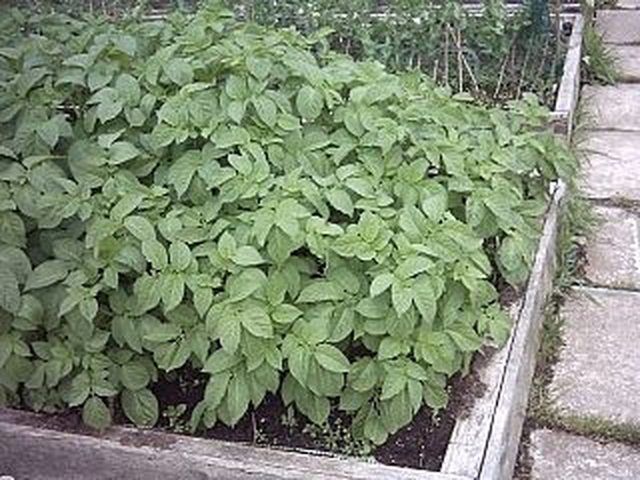Bulbs
Flower Basics
Flower Beds & Specialty Gardens
Flower Garden
Garden Furniture
Garden Gnomes
Garden Seeds
Garden Sheds
Garden Statues
Garden Tools & Supplies
Gardening Basics
Green & Organic
Groundcovers & Vines
Growing Annuals
Growing Basil
Growing Beans
Growing Berries
Growing Blueberries
Growing Cactus
Growing Corn
Growing Cotton
Growing Edibles
Growing Flowers
Growing Garlic
Growing Grapes
Growing Grass
Growing Herbs
Growing Jasmine
Growing Mint
Growing Mushrooms
Orchids
Growing Peanuts
Growing Perennials
Growing Plants
Growing Rosemary
Growing Roses
Growing Strawberries
Growing Sunflowers
Growing Thyme
Growing Tomatoes
Growing Tulips
Growing Vegetables
Herb Basics
Herb Garden
Indoor Growing
Landscaping Basics
Landscaping Patios
Landscaping Plants
Landscaping Shrubs
Landscaping Trees
Landscaping Walks & Pathways
Lawn Basics
Lawn Maintenance
Lawn Mowers
Lawn Ornaments
Lawn Planting
Lawn Tools
Outdoor Growing
Overall Landscape Planning
Pests, Weeds & Problems
Plant Basics
Rock Garden
Rose Garden
Shrubs
Soil
Specialty Gardens
Trees
Vegetable Garden
Yard Maintenance
How to Make Homemade Compost
How to Make Homemade Compost. The benefits of backyard composting are many. Reducing greenhouse gases from landfills, saving money on chemical fertilizers, and creating a nutrient-rich soil for your yard are just some of the positives of composting. Engaging the kids in a backyard composting project heightens the importance of the activity even...

The benefits of backyard composting are many. Reducing greenhouse gases from landfills, saving money on chemical fertilizers, and creating a nutrient-rich soil for your yard are just some of the positives of composting. Engaging the kids in a backyard composting project heightens the importance of the activity even further. It suddenly becomes a family bonding experience that will educate your children about the environment, biology, and science. It also teaches the value of patience, commitment, and conservation. So what are you waiting for? Grab the shovel, wheelbarrow, and gloves and get started on your backyard compost pile!
Things You'll Need
compost container or bin
grass clippings, dead leaves and plants
non-meat kitchen scraps
source of organisms such as a commercial composting starter or farm manure product
water
air
time
Build a compost container that is 4 cubic feet in size. The easiest way is to use a plastic garbage barrel with a lid. Drill holes in various locations so that the compost will have the necessary oxygen for proper decomposition. One can also build a compost bin out of chicken wire or wood palettes.
Compost bins can be purchased from specialty suppliers or alternatively, you may try contacting the county recycling facility or conservation office to see if they have containers for sale.
Find a place in the yard that is not in the direct sunlight for the compost pile location. Place the bin in this location, and anchor it to the ground or to a tree to deter bears and other large creatures from knocking it over.
To build your compost heap, add layers of carbon materials (dry leaves, shredded paper, twigs, straw, dead plants) and nitrogen materials (green weeds, grass clippings, clover, non-meat kitchen scraps) in a 3 to 1 ratio.
Also add a compost starter or cow, chicken, or horse manure to the pile so that microorganisms will aid in its decomposition.
Water the pile so that it stays damp, but not drenched.
Mix the compost thoroughly with a shovel every few days to few weeks. The more the pile is turned, the faster it will decompose.
New scraps may be added to the pile, but must be hidden deep within it to avoid attracting pests such as flies.
Finished compost will be ready within a year of its start date in colder areas, less in warmer climates.
Tips & Warnings
Try creating two compost piles in a split bin. Start them six months apart from each other so that there will always be fresh compost available for outdoor projects.
Finished compost can be used as mulching material for trees and bushes, or as a rich soil for gardening and new lawn areas.
Do not compost meat, dairy, or vegetables cooked in animal fat.
Do not compost human or pet waste.
Do not compost diseased leaves or plants.